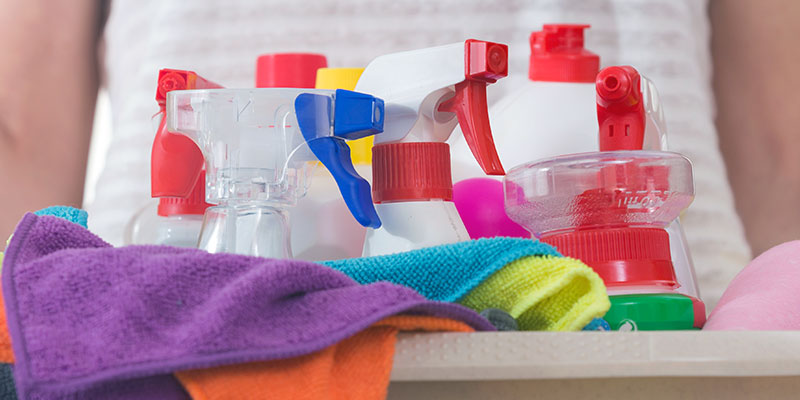Location
Our Washington Location
Our inpatient facility is located in Washington, and will serve Washington state. It will provide a safe & therapeutic environment for both our staff and patients.
- Edmonds
7416 212th St SW,
Edmonds, WA 98026
Inhalants are a classification of drugs that are both physically and psychologically addiction. Many of them are easy to find around your home, or they’re easy to make or purchase on the streets. Inhalant abuse statistics show that inhalant use is increasing with every passing year, and they’re most often abused by young people or teenagers because they’re so inexpensive and easy to obtain.
Some of the more commonly abused inhalants include:
Once you begin using inhalants, the compulsion to continue using them is very strong; and this is especially true if you use them consecutively over several days’ time. Although, it’s important to note that it is possible to become addicted to certain inhalants after just one use.
If you’ve been using inhalants, it’s possible that you were not aware of their addictive potential. People tend to think of addiction pertaining more to alcohol, cocaine, heroin, or other types of drugs, but inhalants can be just as dangerous, and even more so in some cases. If you suspect that you might be an inhalant addict, or you know you’ve been participating in inhalant abuse, you may have a lot of questions, such as:
Regardless of what type of inhalants you’re using, or how long you’ve been using them, getting the right inhalant information is so important so that you will know if you need professional help for an addiction.

Most inhalants are intended for a certain purpose. For example, cleaning fluids are intended to clean your home, and paint thinner is intended to thin paint. Any use of these substance outside of their intended use to get high is considered to be inhalant abuse. However, it is important to note that if you’re abusing inhalants, that does not necessarily mean that you’re addicted to them. Although, addiction can occur very quickly after abuse begins.
Unfortunately, far too many people feel that they’re doing something completely harmless when they abuse inhalants, and they don’t stop to consider the long-term ramifications of their actions.
If you have been abusing inhalants for quite some time, and you feel as though you need them as a part of your life, chances are quite good that you have become addicted to them. At this point, it’s usually not possible for people to stop using them on their own, although many people attempt it before considering getting professional help.
Stopping your use of inhalants on your own is not only difficult to do, but it can be dangerous. In fact, many people have found that they experience medical complications that they weren’t expecting when they stop taking them abruptly. The symptoms of withdrawal that you might experience can include:
These substances should not be taken lightly, and if you’re addicted to inhalants, it’s important to consider getting professional help that can assist with your withdrawal symptoms and ensure your safety during your recovery.

If you’ve been participating in inhalant abuse for quite some time, it’s very likely that this abuse has become a full inhalant addiction. While you might not have been aware of the possibility of this happening, please know that it is possible. If you’re addicted to inhalants, there is a way that you can get professional help so that you can stop using them successfully.

Our admissions coordinators are here to help you get started with treatment the right way. They'll verify your health insurance, help set up travel arrangements, and make sure your transition into treatment is smooth and hassle-free.
[DirectNumber] Contact Us